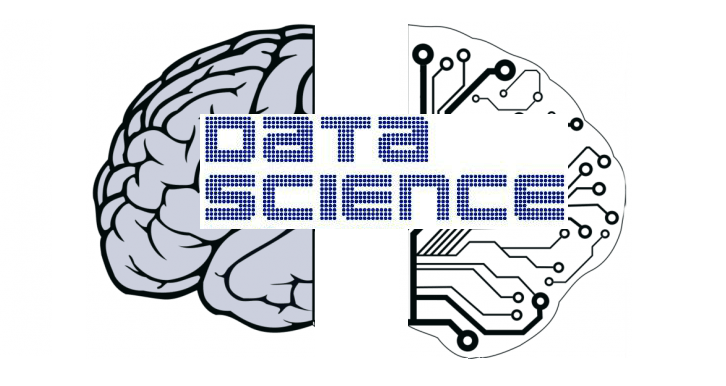Prerequisite for Data Science
Data scientists play a key role in using their statistical and modeling expertise to transform raw data into actionable insights across diverse domains, ranging from product development and customer retention to identifying new market prospects. Pursuing a career in Data Science typically necessitates at least a Bachelor's degree, emphasizing the importance of a strong educational foundation. Aspiring data scientists should recognize the major significance of having a profound exposure to mathematics and computer programming, which serve as fundamental pillars in this field.
Moreover, a comprehensive understanding of statistics is essential, as it stands as a crucial subject that aspiring data scientists must be well-versed in to thrive in the field of Data Science. Overall, a successful data scientist should possess a comprehensive skill set that encompasses a combination of technical proficiency, analytical acumen, and the ability to draw valuable insights from data to drive data-driven decision-making and fuel organizational success.But generally speaking, you need to have the following skill set:

Key prerequisites in detail
Mathematics and Statistics
A strong understanding of mathematics and statistics is crucial in Data Science. Concepts like calculus, linear algebra, probability, and inferential statistics are extensively used in data analysis, modeling, and hypothesis testing.
Programming Languages
Proficiency in programming languages is essential for data manipulation, analysis, and building models. Python and R are two of the most popular languages in the Data Science community due to their rich libraries and versatility.
Data Manipulation and Analysis
Data Scientists should be adept at working with different data formats, cleaning and preprocessing data, and conducting exploratory data analysis (EDA) to gain insights and identify patterns.
Machine Learning
Understanding the principles of machine learning is vital for building predictive models and making data-driven decisions. Knowledge of various machine learning algorithms and techniques is essential for creating robust models.
Database and SQL
Data Scientists frequently work with large datasets stored in databases. Proficiency in SQL (Structured Query Language) is vital for querying and retrieving data from databases efficiently.
Data Visualization
The ability to create effective data visualizations using tools like Matplotlib, Seaborn, or ggplot is crucial for communicating insights and findings to stakeholders.
Domain Knowledge
Having domain-specific knowledge is beneficial in understanding the context and nuances of the data being analyzed. It enables Data Scientists to frame relevant questions and design more meaningful analyses.
Communication Skills
Data Scientists need to communicate their findings and insights effectively to non-technical stakeholders. Strong communication skills, both written and verbal, are essential for presenting complex concepts in a clear and understandable manner.
Critical Thinking and Problem-Solving
Data Scientists often encounter complex problems that require creative and innovative solutions. Strong critical thinking and problem-solving skills are essential for devising effective approaches and tackling challenges.
Continuous Learning
Data Science is a rapidly evolving field with new technologies and techniques emerging frequently. A willingness to engage in continuous learning and staying updated with the latest trends is crucial for remaining competitive and relevant in the industry.
Conclusion
While these prerequisites provide a strong foundation for entering the field of Data Science, it's essential to recognize that Data Science is a broad and interdisciplinary domain. Aspiring Data Scientists should explore various resources, take up projects, and engage in real-world applications to gain hands-on experience and hone their skills. A combination of theoretical knowledge and practical experience will enable individuals to thrive in this dynamic and exciting field.